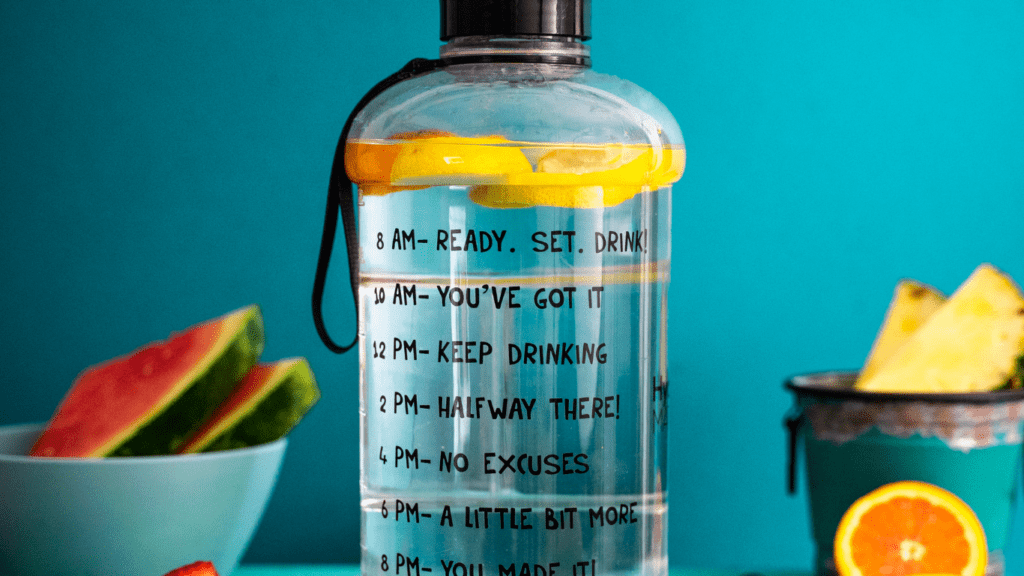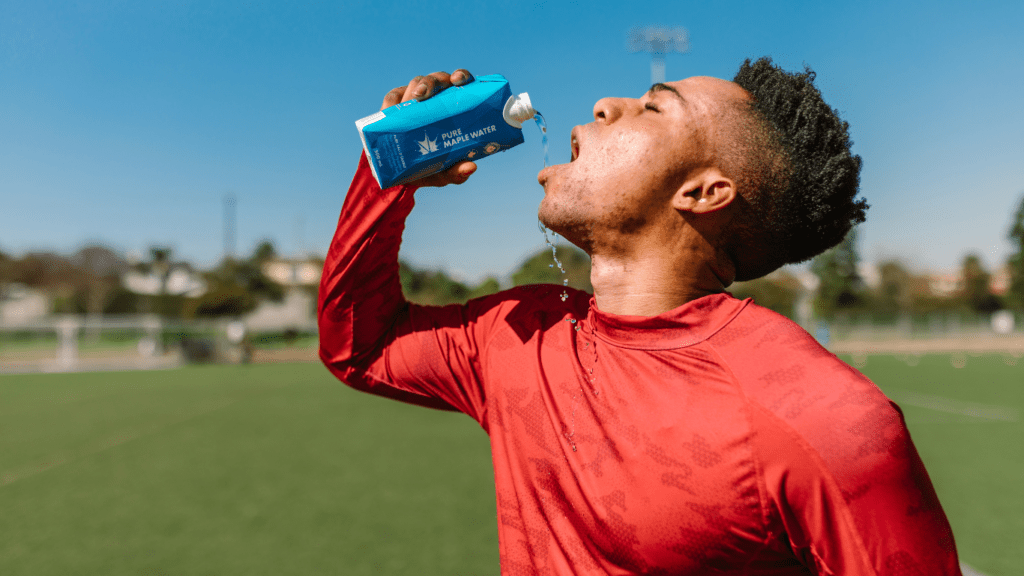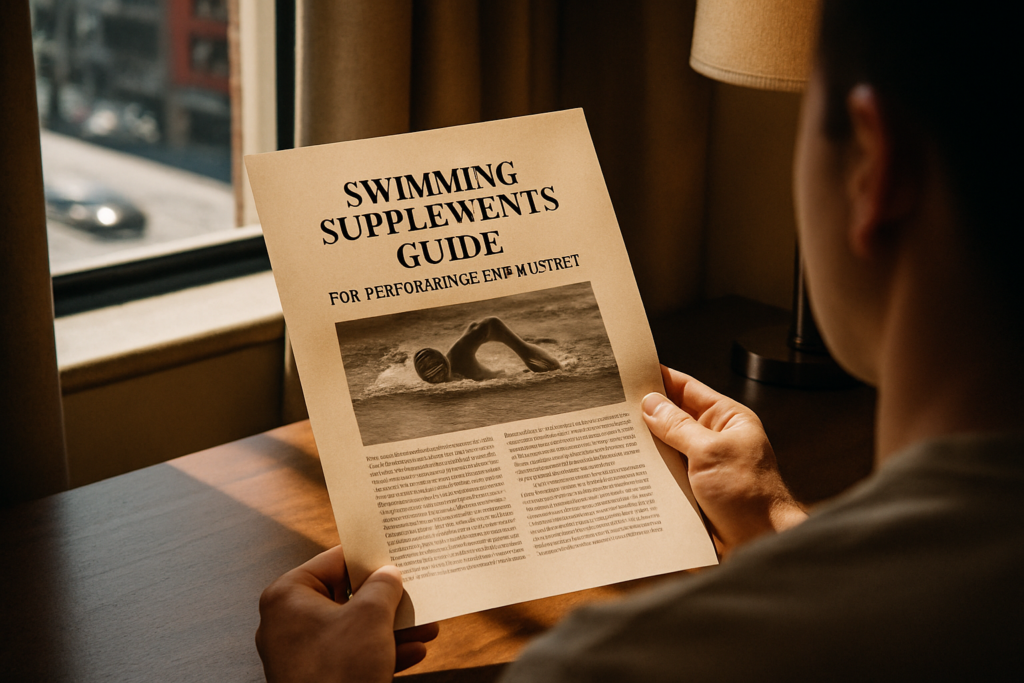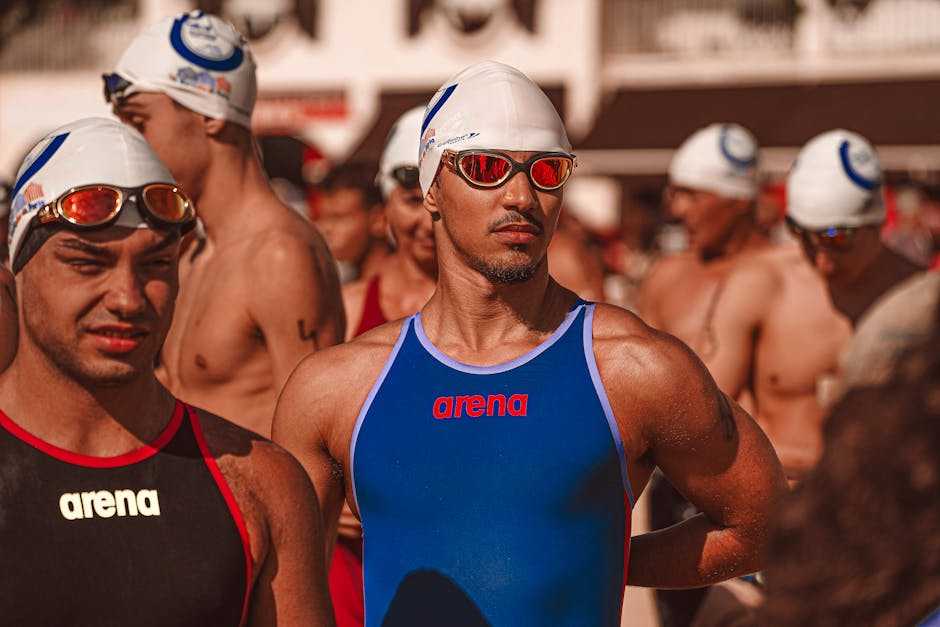Staying properly hydrated is crucial for swimmers to maintain peak performance in the water. As a swimmer myself, I understand the importance of having effective hydration strategies to enhance endurance and overall well-being during training sessions and competitions. In this article, I’ll share valuable insights and tips on how swimmers can optimize their hydration routines to swim stronger and smarter.
From understanding the impact of dehydration on swim performance to exploring the best ways to stay hydrated before, during, and after swimming sessions, I’ll delve into practical strategies that can make a significant difference in your swimming performance. Whether you’re a competitive swimmer or someone who enjoys swimming for fitness, incorporating the right hydration techniques into your routine can help you reach your goals and improve your overall swimming experience.
Importance of Hydration for Swimmers
As a swimmer, I know how crucial proper hydration is for optimizing performance in the water. Let’s delve into the significance of hydration and how it impacts swimmers.
Understanding Body Water Balance
Maintaining an optimal body water balance is essential for swimmers as even slight dehydration can lead to decreased performance. Hydration plays a key role in regulating body temperature, lubricating joints, and transporting nutrients and oxygen to muscles, all vital for swimming efficiently.
Effects of Dehydration on Performance
Dehydration can have detrimental effects on a swimmer’s performance. It can result in muscle cramps, reduced endurance, and impaired coordination, affecting stroke mechanics and overall speed in the water. As a swimmer, staying hydrated is paramount to ensuring peak performance levels and enjoying a successful swimming experience.
Effective Hydration Strategies
As a swimmer, I understand the importance of staying properly hydrated to maximize performance in the water. Here are some tips on effective hydration strategies that can help swimmers enhance their endurance and overall well-being during training and competitions.
- Before, During, and After Swimming
I always focus on staying hydrated throughout my swimming routine, starting before I even hit the water. Prior to swimming, I make sure to drink an adequate amount of water to ensure I am well-hydrated. During my swim sessions, I take short breaks to sip water and replenish fluids lost through sweating. After swimming, I continue to hydrate to help my body recover and rehydrate after exertion. - Tailoring Hydration to Individual Needs
It’s crucial for swimmers to tailor their hydration plans to their individual needs. Factors such as sweat rate, intensity of training, and environmental conditions play a significant role in determining fluid requirements. I pay attention to my body’s signals and adjust my fluid intake accordingly to maintain optimal hydration levels. By customizing hydration strategies based on individual needs, swimmers can perform at their best and avoid the negative effects of dehydration.
Choosing the Right Hydration Fluids

When it comes to hydrating as a swimmer, selecting the appropriate fluids can significantly impact performance. Here’s a comparison between water and sports drinks, as well as the importance of electrolytes in your hydration routine:
Water vs. Sports Drinks
Hydration during swimming sessions is crucial, and the choice between water and sports drinks depends on various factors. Water is a fundamental hydrating option that can effectively replenish fluids lost through sweat. It’s a great choice for shorter swims or low-intensity workouts. On the other hand, sports drinks contain electrolytes and carbohydrates that can help maintain energy levels and electrolyte balance during longer and more intense swimming sessions. They are particularly beneficial for sustained performance and replenishing electrolytes lost through sweat.
The Role of Electrolytes
Electrolytes play a vital role in maintaining proper fluid balance and muscle function during swimming. Sodium, potassium, calcium, and magnesium are essential electrolytes that aid in muscle contraction, nerve function, and hydration regulation. During intense swimming sessions, especially in hot and humid conditions, the body loses electrolytes through sweat. Replenishing these electrolytes is essential for preventing muscle cramps, maintaining energy levels, and supporting overall performance. Including electrolyte-rich foods or sports drinks in your hydration plan can help optimize your swimming performance and prevent dehydration-related issues.
Practical Tips for Hydration Management
As a swimmer, effective hydration is crucial for maximizing performance in the water. Here are some practical tips to help manage your hydration effectively:
Monitoring Hydration Status
I monitor my hydration status by paying attention to the color of my urine. Clear or pale yellow urine indicates that I’m well-hydrated, while dark yellow urine may signal dehydration. Additionally, tracking my body weight before and after swimming sessions can help me gauge my fluid losses and adjust my hydration plan accordingly.
Schedule and Frequency of Hydration
I make sure to hydrate throughout the day, starting with a glass of water in the morning and sipping fluids consistently until the evening. Before swimming, I aim to drink about 16-20 ounces of water or a sports drink to ensure I’m adequately hydrated. During longer swim sessions, I take regular water breaks every 20-30 minutes to replenish fluids and maintain optimal hydration levels. After swimming, I continue to hydrate to replace any lost fluids and electrolytes. By following a consistent hydration schedule and frequency, I can support my performance and recovery as a swimmer.


 is a seasoned fitness expert with a special focus on swimming and holistic health strategies. With years of experience as a competitive swimmer and fitness coach, Patricia offers readers a wealth of knowledge on optimizing performance and maintaining a balanced lifestyle. Her writing on Swim Fast Stay Fit reflects her commitment to empowering others with practical advice and motivational insights. Patricia’s approach integrates advanced training techniques with accessible wellness tips, aiming to help individuals achieve their personal fitness goals and enhance their overall quality of life. Through her engaging articles, Patricia inspires readers to embrace a comprehensive approach to health, combining effective exercise routines with mindful nutrition and self-care practices.
is a seasoned fitness expert with a special focus on swimming and holistic health strategies. With years of experience as a competitive swimmer and fitness coach, Patricia offers readers a wealth of knowledge on optimizing performance and maintaining a balanced lifestyle. Her writing on Swim Fast Stay Fit reflects her commitment to empowering others with practical advice and motivational insights. Patricia’s approach integrates advanced training techniques with accessible wellness tips, aiming to help individuals achieve their personal fitness goals and enhance their overall quality of life. Through her engaging articles, Patricia inspires readers to embrace a comprehensive approach to health, combining effective exercise routines with mindful nutrition and self-care practices.
